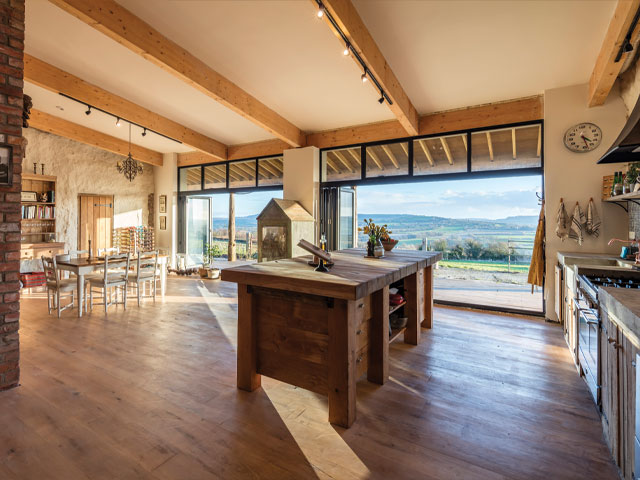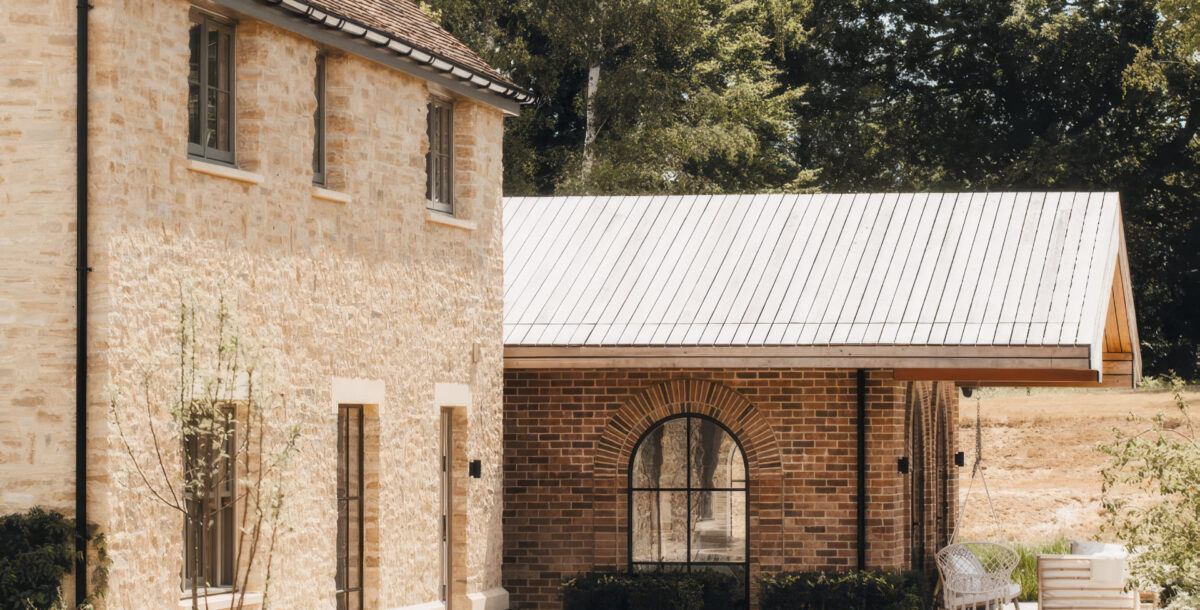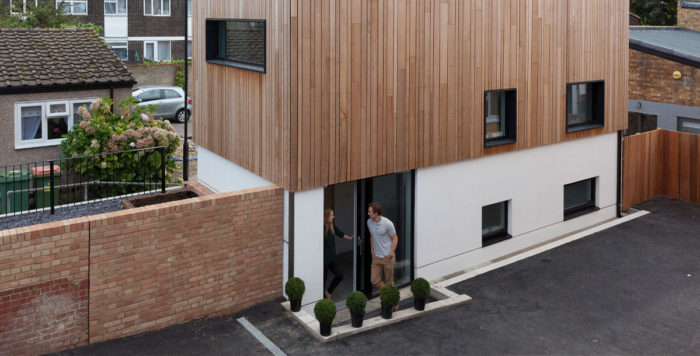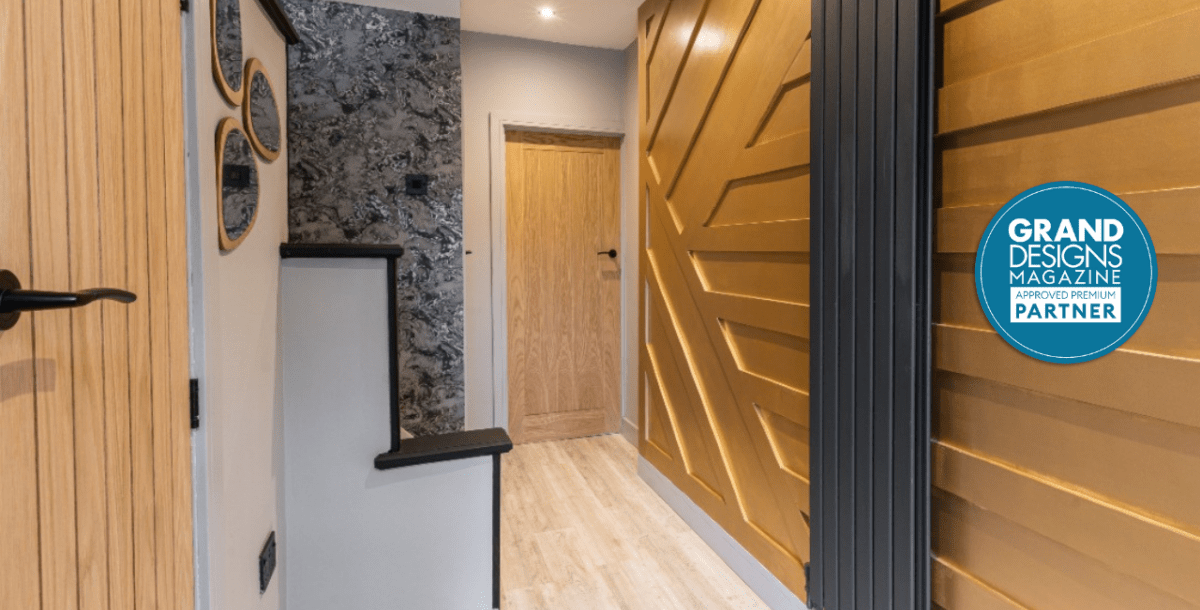7 ways to save on home renovation costs
Why building costs are rising and how you can keep your budget in check
Taking on a home renovation project during a cost of living crisis is no mean feat. More cautious people might put building plans on hold, but renovators who need more space or have a dilapidated house on their hands may have little choice but to plough on.
Economic turbulence is impacting all aspects of construction, from energy and raw material prices to the cost of labour. Bear this in mind before you begin, and make sure you’ve explored all the options that could save you money.
The Federation of Master Builders (FMB) examines why building costs are rising, and how you can keep home renovation costs down.
In partnership with the Federation of Master Builders
Why are building costs rising?
Prices for building materials are still fluctuating, and builders are also facing rising electricity and fuel costs. Skilled labour is also in short supply. According to Government-issued insolvency statistics, the construction industry has seen a 101% increase in the number of insolvencies in Q2 2022 (April-June), compared to Q2 2021. That’s more insolvencies than any other industrial group.
Raw material costs
A number of unprecedented events over recent years have contributed to rising energy costs and falling raw material supplies. COVID-19 caused gridlock in global shipping. Brexit and international conflict have also had an impact.
Demand for gas dropped during the global pandemic, only to rise again sharply as lockdowns eased. Russia’s war with Ukraine has put additional pressure on the price of oil and gas, increasing manufacturing and shipping costs across Europe. Trade embargoes on Russian exports cut off the supply of raw materials from the country, particularly timber used in joinery. When materials are scarce, prices shoot up.
The six-month energy cap announced by the Government is expected to help ease prices for UK manufacturers, but the cost of imported raw materials is expected to remain high.
Cost of labour
The UK construction industry is facing a growing skills shortage. An ageing workforce, fall in the number and quality of apprentices, and impacts from Brexit have all contributed to the problem. Construction firms, like many industries, are also facing demands for higher wages to keep pace with inflation.
The FMB is campaigning for greater funding and better quality vocational training to help boost the number of people entering the industry, as well as more support for small-to-medium-sized building firms, which train 71% of all construction apprentices.

Photo: Federation of Master Builders
How to keep home renovation costs down
The key to keeping home renovation costs down is flexibility. In a changing market you may need to make compromises, such as choosing alternative materials. It’s also important to set a realistic budget, with a contingency fund of 15%-20%. Here, the Federation of Master Builders shares its top tips for keeping costs down.
1. Keep it simple
Simplicity in design is everything if you want to avoid going over budget. A rectangular box extension will likely be cheaper than curves, complexity and unusual angles. Large expanses of glass will require structural work to support the roof or first floor, so talk to your architect or builder about ways to reduce the amount of expensive steelwork needed. Reducing the amount of structural work required will help keep costs down. Choosing not to raise your roofline on a loft extension, or not removing too many load-bearing walls, for example.
2. Opt for a smaller footprint
If you’re planning an extension, a smaller footprint will keep your home renovation cost low. Consult an architect to look at your plans and suggest where you can remodel to use the space you already have more effectively, therefore keeping your extension size to a minimum.
3. How much can you DIY?
The more work you take on, the more you save on the cost of labour. Ask your builder to quote based on completing the job up to and including second fix – the stage at which plastering and electrics have been completed, bathroom fixtures are connected and all doors and architraves have been fitted. Then you can finish the job by fitting your own flooring, wall lights, tiling and painting. With the right tools and some research, you can learn as you go. Any structural or hazardous work should always be carried out by an experienced professional.

Grand Designers Ed and Vicky Versluys did most of the work themselves when converting a cowshed in Somerset. Photo: Matt Chisnall
4. Shop around
Shop around for lower cost alternatives for your materials and finishes wherever you can – shaving off a few hundred pounds on radiators, sanitaryware and flooring all adds up. For example, you might plan your kitchen with a budget carcass from IKEA or Howdens, but spend more on the doors and hardware from suppliers that make products to fit standard cupboards, like Plykea or Custom Fronts.
5. Delay your build
Delaying a project may allow time for prices to level out or come down. Use the downtime to research energy-saving measures and to find a builder with the skills to implement them. A more energy-efficient home will save you money on fuel in the long term. Delaying your build can also give you time to reconfigure your plans for a more cost-effective renovation, or save towards a bigger budget. But don’t forget that planning permission only lasts for three years in England and Scotland, two in Northern Ireland and five years in Wales.
6. Find a trusted builder
When trying to save money on home renovation costs, it’s tempting to go for the lowest quote. But take the time to check the small print. A good quote will include a line-by-line breakdown of costs, from materials to waste removal. Aim to get three quotes, provide your builder with as much information as you can, and be upfront about your budget. It helps you get an accurate quote if you provide the builders with architectural drawings. Another option is to shortlist builders who offer a design-and-build service to save on the cost of employing an architect or draughtsperson.
One way to identify reliable tradespeople is through a trade organisation like the FMB, which offers an online Find a Builder tool. All FMB members are vetted and independently inspected by the BBA or RISA. That way, you can be sure they’re Master Builders you can trust.
7. Get a contract in place
Once you’ve found a great builder, make sure you sign a contract to agree what work they’ll do and any deadlines – including deadlines for a staged payment plan. In the current climate, most contracts will factor in increasing costs, but signing a contract will give you legal footing should a dispute arise. Ask whether they hold liability insurance and can offer a warranty for their work, and speak to your own home insurance provider to update your policy to cover building work. All FMB members are able to offer a written contract for their work, and they have access to warranties from FMB Insurance.
For further advice and information on self-build and renovation, see fmb.org.uk









